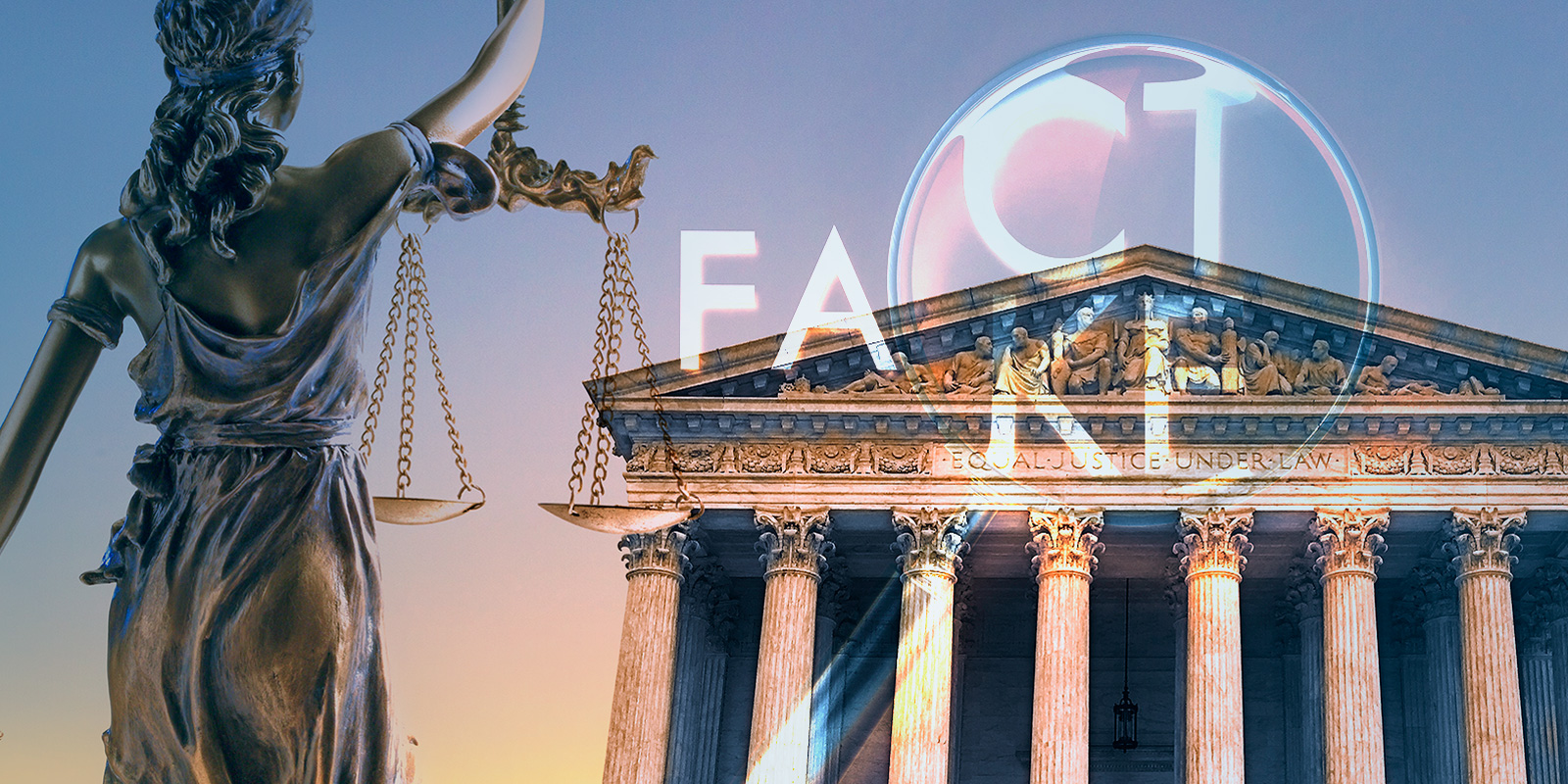
Supreme Court Increasingly Wading Into False Claims Act's Morass
In Short
The Situation: The federal False Claims Act ("FCA") allows the United States to dismiss the action if the qui tam relator "has been notified by the Government of the filing of the motion and the court has provided the person with an opportunity for a hearing on the motion." Because FCA claims are brought in the name of the United States, the government seeks to retain discretion to intervene and dismiss the action at the outset of an FCA suit or at any time afterwards.
The Result: In U.S. ex rel. Polansky v. Executive Health Resources, Inc., the Supreme Court heard an argument regarding whether § 3730(c)(2)(A) requires the hearing to occur before a trial court, and what standard applies to the request for dismissal of a relator's FCA suit.
Looking Ahead: The Supreme Court addressed for the first time an issue dividing the circuit courts and will likely establish a uniform standard across the circuits for dismissal by the United States of a relator's FCA suit. Defendants will need to pay close attention to this standard in assessing whether, and how, to push the government to dismiss cases over relators' objections. They should also monitor Schutte, where the Supreme Court may address a key FCA defense: scienter.
While FCA defendants typically find themselves first opposite the government in the investigative phase, and then opposite the relator during the litigation phase of such matters, the Supreme Court recently heard a case pitting the government and relator against one another. U.S. ex rel. Polansky v. Executive Health Resources, Inc. presents two issues: (i) when the United States moves to dismiss after previously declining to intervene, what "hearing" is required; and (ii) what standard would apply to this motion to dismiss. The dispute in the case stems from the relator's objection to the United States' motion to dismiss after the relator spent $20 million litigating the suit.
First, oral argument addressed the issue of what qualifies as a hearing for the dismissal action under § 3730(c)(2)(A). While the United States contended that the hearing is only for the relator to convince the United States not to dismiss the case, the relator argued that a hearing requires a full and open presentation before the trial court.
Second, while parties and the Court largely ignored the preliminary "academic" question of whether the United States must intervene prior to moving to dismiss a suit, much of the oral argument focused on whether the rational-basis standard or Federal Rule of Civil Procedure 41(a)(2)'s "proper cause" standard should apply. Either standard creates a low threshold for dismissal, but the relator pushed for a "proper cause" standard that could require a court to examine the asserted prejudice to a relator—who potentially expended large sums in attorney's fees and other resources to litigate the case. The government argued, and defendants agreed, that relators are aware of such potential when they choose to bring a case on behalf of someone else, asserting harm not to themselves but to the government.
Beyond Polansky, the Supreme Court also recently called for the views of the United States in another FCA case. In U.S. ex rel. Schutte v. SuperValu Inc. et al., the United States has now urged the Supreme Court to grant certiorari to review a Seventh Circuit decision that affirmed dismissal of an FCA complaint where the defendant's objectively reasonable interpretation of a statute or regulation meant the relator could not prove the defendant acted "knowingly," as required by the FCA. The Court's request, and the United States' brief, further illustrate how the continued challenges arising in FCA cases seem to have piqued the Supreme Court's attention. Given the massive recoveries brought in by the government and relators in recent FCA matters, these cases give the Supreme Court a chance to further clarify the law and help the parties pursue more educated resolutions. Either way, the FCA will likely continue to be actively litigated and warrants close attention from litigants.
Three Key Takeaways
- The Supreme Court in Polansky appears likely to set a low standard for determining when the United States may dismiss a relator's FCA suit after previously declining to intervene, proving helpful for defendants in FCA suits pursued by a relator.
- Even when the United States initially declines to intervene in a qui tam case, the United States remains a party to the case with the ability to intervene and dismiss the suit at any time, providing defendants another possible avenue for resolving an FCA suit.
- The Supreme Court is considering taking another FCA case, Schutte, that could have significant effects for the FCA's scienter standard—a key defense in FCA cases.










